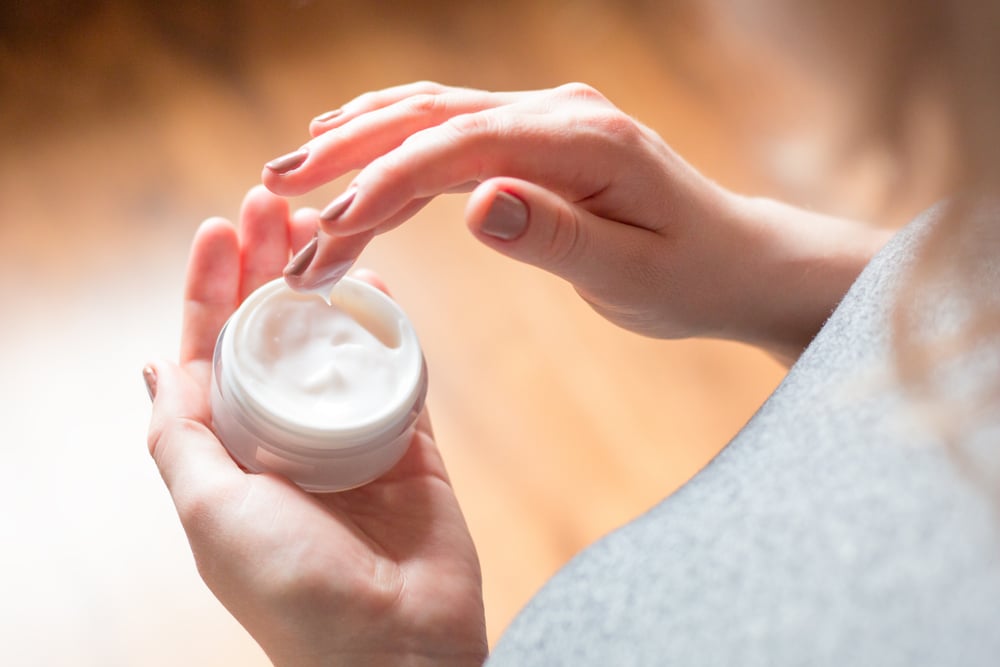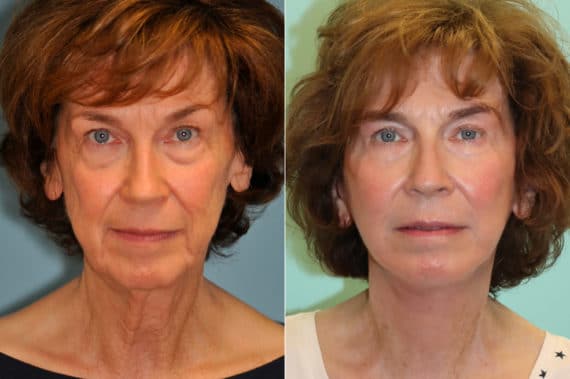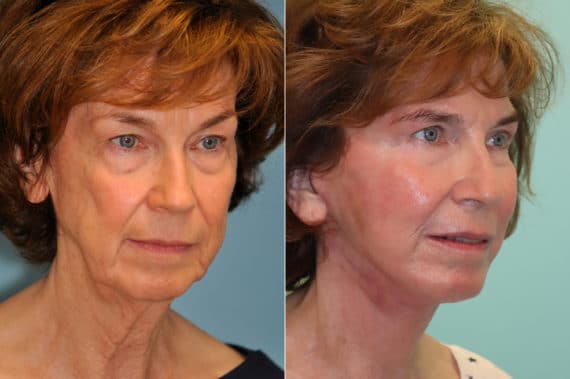Have you recently undergone a laser skin treatment and are wondering what comes next? Laser resurfacing is a powerful tool to rejuvenate the skin, but the healing journey doesn’t stop once you leave the clinic. In fact, the care you give your skin afterward plays a vital role in your overall results.
Whether you’re hoping to reduce wrinkles, fade sunspots, or improve your skin texture, your post-laser skincare regimen can either elevate or hinder your outcome. Understanding what to do—and what to avoid—can make all the difference in ensuring your skin heals beautifully.

Can You Wear Makeup After Laser Resurfacing?
It’s best to avoid all makeup products during the first 48 hours following laser resurfacing to allow your skin to breathe, reduce irritation, and support proper healing. After this initial window, certain non-comedogenic and gentle makeup products may be allowed, but only under your doctor’s guidance. Typically, these can be used for about 10 to 14 days, or until your skin has sufficiently healed and your physician clears you to resume your usual makeup routine.
Skincare Tips during Laser Skin Resurfacing Recovery
Proper skincare after your laser treatment is essential to support the healing process and protect your investment. By following the right practices, you can soothe your skin, prevent complications, and enhance the results of laser resurfacing. Below are key tips to help you care for your skin safely and effectively during recovery.
Avoid Harsh Products
In the days following your laser treatment, your skin will be especially sensitive, making it crucial to steer clear of harsh skincare products. Ingredients such as exfoliants, alcohol-based toners, and active acids can exacerbate swelling and redness, delaying your recovery. Stick to mild, soothing products and avoid anything that might strip your skin or cause irritation. Even well-intentioned treatments can do more harm than good during this delicate stage—when in doubt, less is more.
Moisturize Your Skin
Keeping your skin well-hydrated is one of the most important steps you can take after laser treatment. Hydrated skin not only feels more comfortable but also promotes faster and smoother healing. Choose a gentle, fragrance-free moisturizer that’s formulated for sensitive or post-procedure skin. Apply it consistently as recommended by your provider to maintain moisture levels, reduce tightness, and protect the skin barrier as it regenerates.
Use a Gentle Cleanser
Cleansing is essential after laser resurfacing, but it must be done with great care. Use a mild, non-foaming cleanser that doesn’t contain fragrances, exfoliants, or active ingredients that could irritate sensitive skin. Gently pat—never scrub—your face with clean hands and lukewarm water to remove impurities. A proper cleanser will help prevent infection while supporting your skin’s natural recovery process.
Use Sunscreen
Sun protection is absolutely critical after laser resurfacing, as your skin is more vulnerable to UV damage during the healing process. Apply a broad-spectrum sunscreen with SPF 30 or higher every day—even if you’re staying indoors, as UV rays can penetrate windows. Choose a mineral-based formula that’s gentle and free of irritating ingredients. Reapply as directed to maintain a consistent barrier, and pair with protective clothing and shade whenever possible.
Avoid Touching Your Face
As your skin heals from laser resurfacing, it’s important to avoid touching the treatment area unnecessarily. Your hands can introduce bacteria and irritants that may lead to infection or prolonged redness. Even if the skin feels itchy or tight, resist the urge to scratch or pick, as this can disrupt the healing process and increase the risk of scarring. Keeping your hands away allows your skin to recover undisturbed.
Consider a Barrier Cream
During the early stages of healing, your skin is working hard to rebuild itself. Applying a barrier cream can help protect the skin barrier from external irritants and moisture loss. These creams form a protective layer that supports regeneration while locking in hydration. Look for formulations designed specifically for post-procedure skin to ensure they’re both effective and non-irritating. Used as directed, a barrier cream can be a valuable part of your recovery toolkit.
Best Makeup and Skin Care Products After Laser Peel Treatment
As your skin heals and you begin reintroducing products, it’s important to choose makeup and skincare that support recovery rather than hinder it.
The right formulations can help soothe the skin, reduce redness, and prevent irritation, all while enhancing your appearance gently and safely. Below are key guidelines for selecting products that align with your skin’s needs during this sensitive period.
- Wait Until Fully Healed: Only use makeup after your skin has stopped peeling or flaking and your provider has given approval.
- Choose Mineral Makeup: These formulas are typically gentle, breathable, and less likely to cause irritation.
- Go Non-Comedogenic: Avoid products that can clog pores to reduce the risk of breakouts or inflammation.
- Stick with Lightweight Formulas: Heavy or cakey makeup can irritate and suffocate healing skin.
- Neutralize Redness: Green-tinted products can help tone down post-treatment redness.
- Avoid Harsh Ingredients: Steer clear of fragrances, dyes, retinoids, AHAs, BHAs, and vitamin C until your skin is fully recovered.

Other Post-Laser Treatment Care Tips during Healing
In addition to skincare and product choices, your lifestyle habits play a key role in proper healing after a laser treatment. Simple day-to-day decisions can greatly impact how well your skin recovers and how long your results last. These tips are especially important if you plan to undergo other cosmetic procedures in the future, as they help build a strong foundation for healthy, resilient skin.
Protect Your Face
Your skin is especially fragile after laser resurfacing, so protecting it from external elements is key to preventing complications. Always keep the treated area covered when going outside—consider wearing a wide-brimmed hat or using a physical barrier like a clean, soft scarf when necessary. Avoid dusty or polluted environments that could irritate the skin, and steer clear of any situation where your face might be bumped or rubbed. Gentle, mindful care will support a smoother, safer recovery.
Avoid Strenuous Activities
During the first several days after treatment, it’s best to avoid strenuous activities such as vigorous exercise, heavy lifting, or anything that causes excessive sweating. These activities can increase inflammation and disrupt the healing skin, potentially leading to irritation or even infection. Give your body time to rest and allow your skin to recover without the added stress that physical exertion can bring.
Avoid Sun Exposure
Exposure to sunlight is one of the biggest risks to healing skin after laser resurfacing. Even minimal UV exposure can lead to pigmentation changes, delayed healing, or increased sensitivity. Stay indoors as much as possible during the initial healing period, especially during peak sun hours. If you must go outside, use sun-protective clothing and a wide-brimmed hat in addition to your broad-spectrum sunscreen. Prioritizing sun avoidance helps safeguard your results and promotes a more even, healthy complexion.
Avoid Additional Facial Treatments
While your skin is healing from a laser procedure, it’s important to avoid layering on other cosmetic treatments. Procedures like facials, chemical peels, or even certain types of plastic surgery can overload your skin and interfere with recovery. Give your skin the time it needs to rebuild and restore itself before considering additional interventions. Your provider can advise you on when it’s safe to resume or begin any new treatments.
CO2 Laser Resurfacing Before and After
Schedule a Consultation with a Dermatology Specialist
Post-laser skin care is not a one-size-fits-all situation. A personalized recovery plan from a skilled dermatology specialist is essential to help your skin recover quickly and safely. Choosing an experienced provider ensures the right products and strategies are used to reduce the risk of complications while maximizing your treatment’s effectiveness.
At The Naderi Center, our board-certified dermatologist, Dr. Alexandra Snodgrass, specializes in aesthetic dermatology and has extensive experience with post-laser recovery. Her expert guidance can help you achieve radiant, healthy skin with minimal downtime. Call us today or visit our contact page to schedule your personalized consultation!

